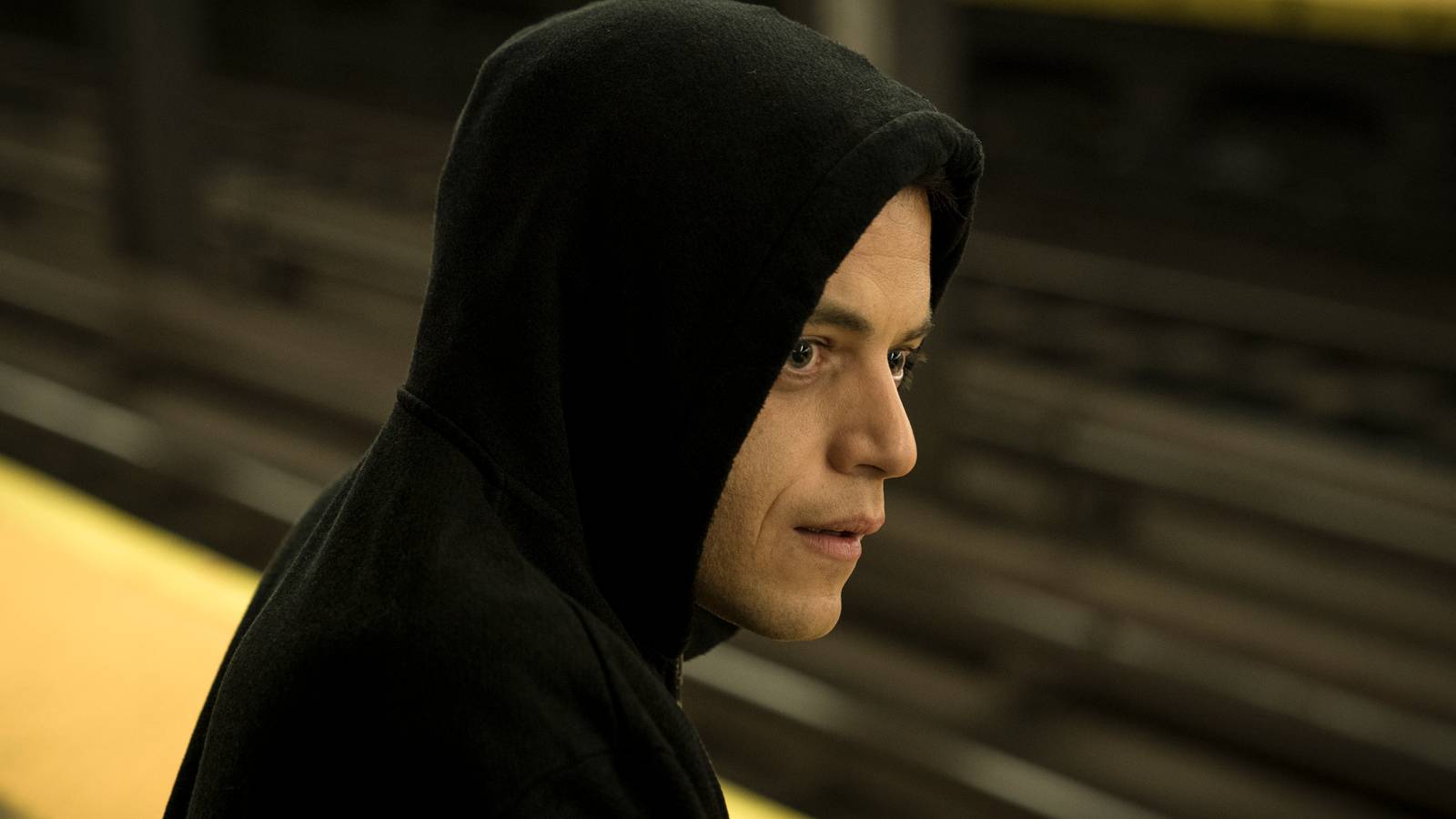The 2010s were a definitive era for television, marking a near-unrivaled leap in the quality of small-screen entertainment. 2010s TV shows weren’t just good – many of them were among the best series of the entire 21st century so far. From prestige dramas to groundbreaking comedies, the decade reshaped the medium and redefined what audiences expected from storytelling on television.
Part of what made the decade so seismic was timing. The rise of streaming platforms meant accessibility skyrocketed, while social media transformed casual watercooler chatter into a 24/7 cultural conversation. Instead of one or two zeitgeist-defining shows, the 2010s saw dozens take turns dominating the headlines, sparking debates, and inspiring global fandoms that lived online and thrived across platforms.
These shows spanned every genre imaginable, from fantasy epics to satirical comedies. Each managed to hijack the cultural conversation in its own way, proving that the 2010s really were a golden age for television.
Mr. Robot (2015-2019)
Mr. Robot Turned Hacker Culture Into Prestige Television
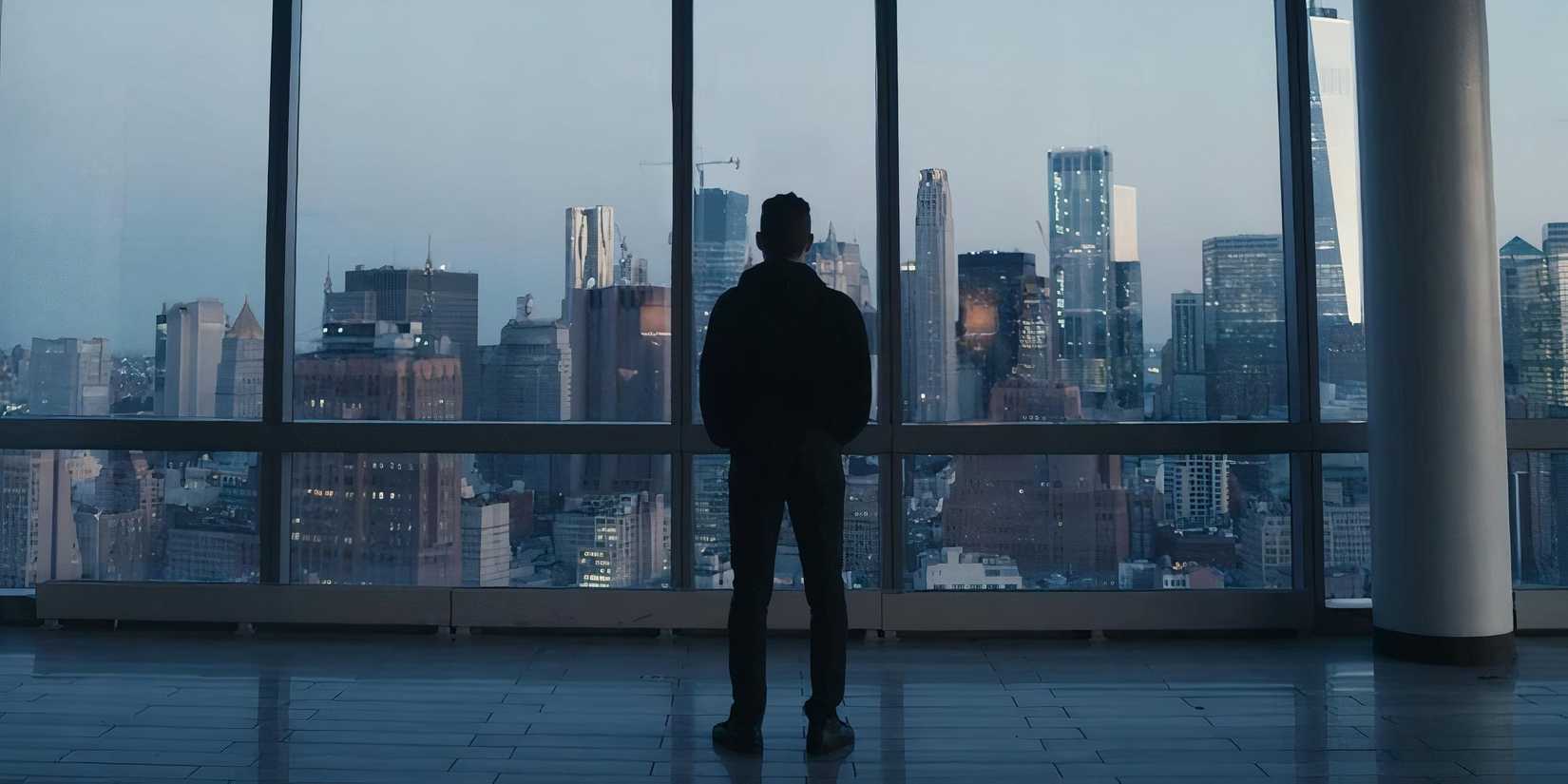
Mr. Robot was unlike anything else on television in the 2010s. Following Elliot Alderson (Rami Malek), a cybersecurity engineer recruited by the anarchist Mr. Robot (Christian Slater), the show blurred lines between psychological thriller, techno-drama, and paranoid nightmare. With its unreliable narrator and audacious storytelling, Mr. Robot constantly challenged its audience to question what was real.
The series tapped directly into the 2010s zeitgeist, reflecting global anxieties about corporate greed, surveillance, and the digital age. Its radical visual style and willingness to embrace narrative experimentation – like the unforgettable “runtime error” episode shot as a single continuous take – set it apart as one of the most innovative 2010s TV shows.
Malek’s performance won him an Emmy, but the show’s legacy lies in how it made hacker culture thrilling and cinematic. Creator Sam Esmail proved television could deliver the kind of layered, mind-bending storytelling once reserved for film. Mr. Robot remains an ambitious, era-defining achievement.
BoJack Horseman (2014-2020)
Bojack Horseman Redefined Adult Animation For The Modern Era
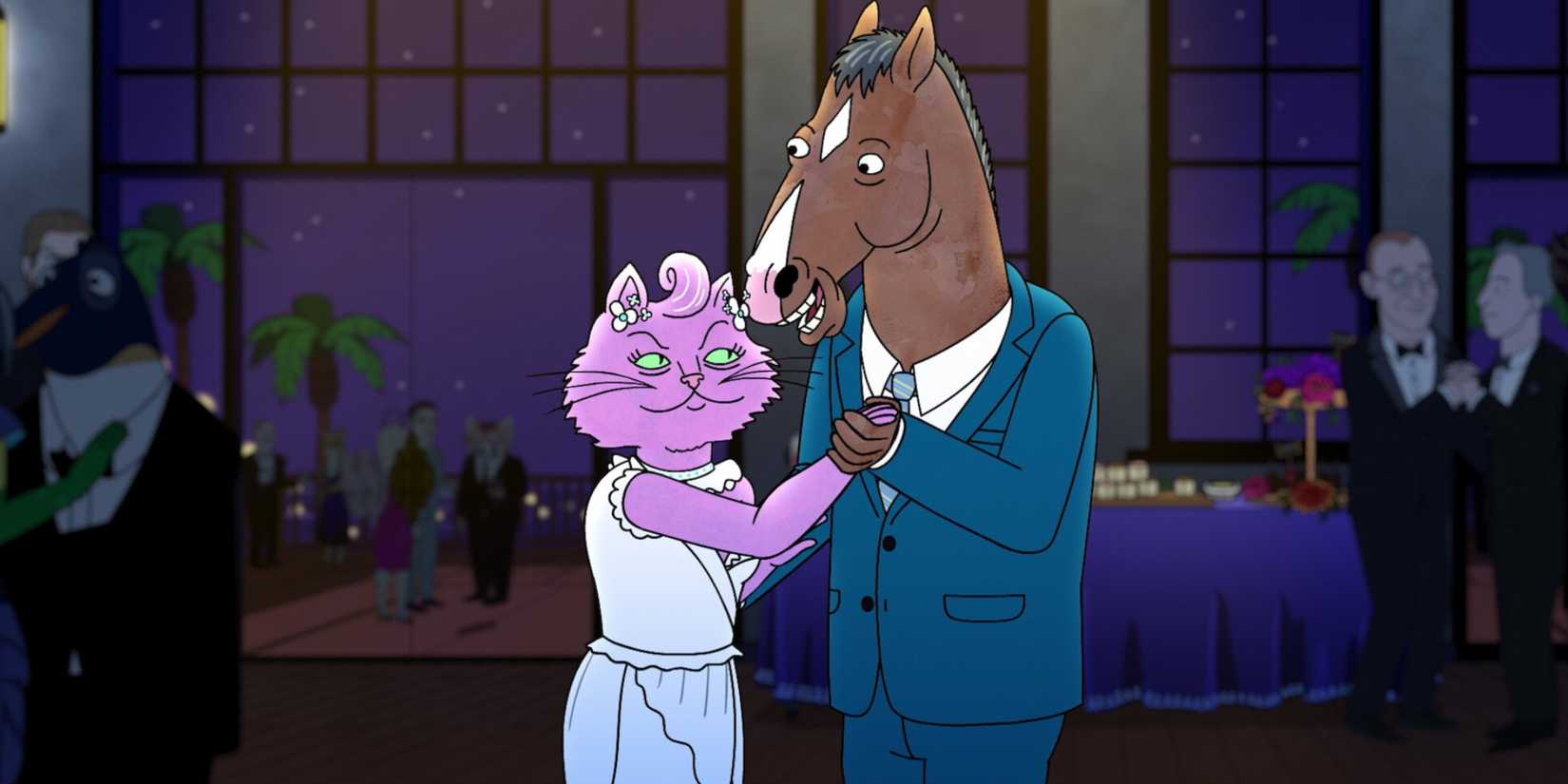
When BoJack Horseman premiered on Netflix, few expected an animated series about a washed-up sitcom star (Will Arnett) to become one of the decade’s most emotionally devastating shows. But across six seasons, it delivered a biting Hollywood satire that doubled as a profound meditation on depression, addiction, and self-destruction.
The show’s mix of absurdist humor and raw emotional honesty was groundbreaking. Episodes like “Fish Out of Water,” with minimal dialogue, or “Free Churro,” built around a single monologue, pushed boundaries of what animation – and TV storytelling as a whole – could accomplish. Each season confronted the messy, cyclical nature of BoJack’s struggles without easy resolutions.
Culturally, BoJack Horseman proved that animated shows could rival prestige dramas in emotional heft. By merging cartoon surrealism with gut-punch reality, it became one of the defining 2010s TV shows and set a new standard for adult animation’s artistic potential.
Veep (2012-2019)
Veep Turned Political Dysfunction Into Pitch-Perfect Comedy
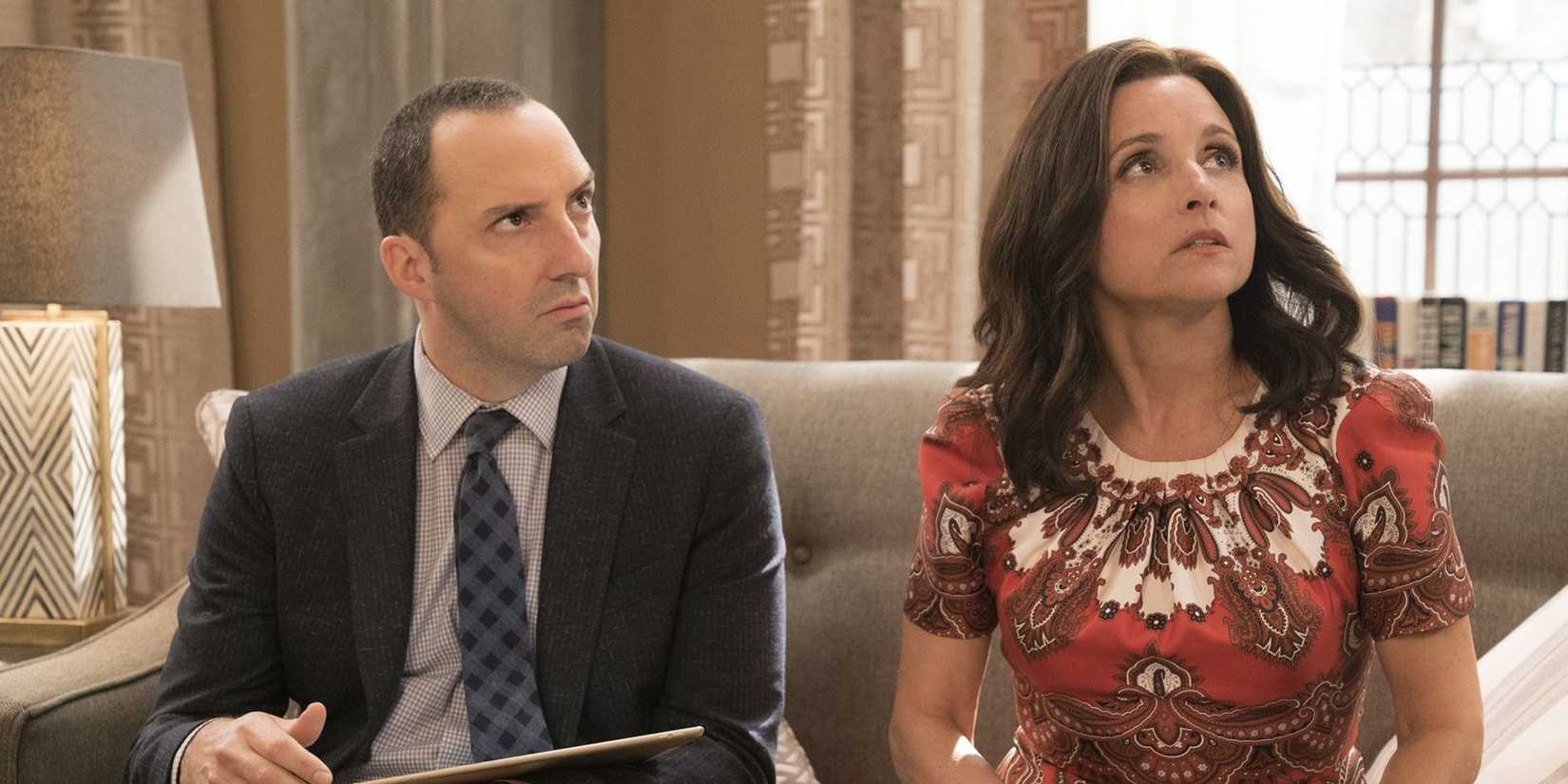
Armando Iannucci’s Veep gave television one of its sharpest political satires ever. Julia Louis-Dreyfus as Selina Meyer delivered a masterclass in comedic timing, embodying a vice president whose ruthless ambition and staggering incompetence were equally hilarious. The show’s profanity-laden dialogue became as quotable as anything in prestige TV dramas.
The series captured the absurdities of Washington politics during the 2010s. Its razor-sharp writing often felt uncomfortably close to reality, blurring the line between comedy and actual political chaos. By the end of its seven-season run, Veep had cemented itself as not just funny but prescient, eerily foreshadowing the dysfunction of modern politics.
Julia Louis-Dreyfus won six consecutive Emmys for the role, and the show remains the gold standard for political comedy. Its impact still lingers in how satire has shaped conversations around real-world governance, making Veep a definitive product of 2010s television.
Downton Abbey (2010-2015)
Downton Abbey Made British Period Drama A Global Obsession
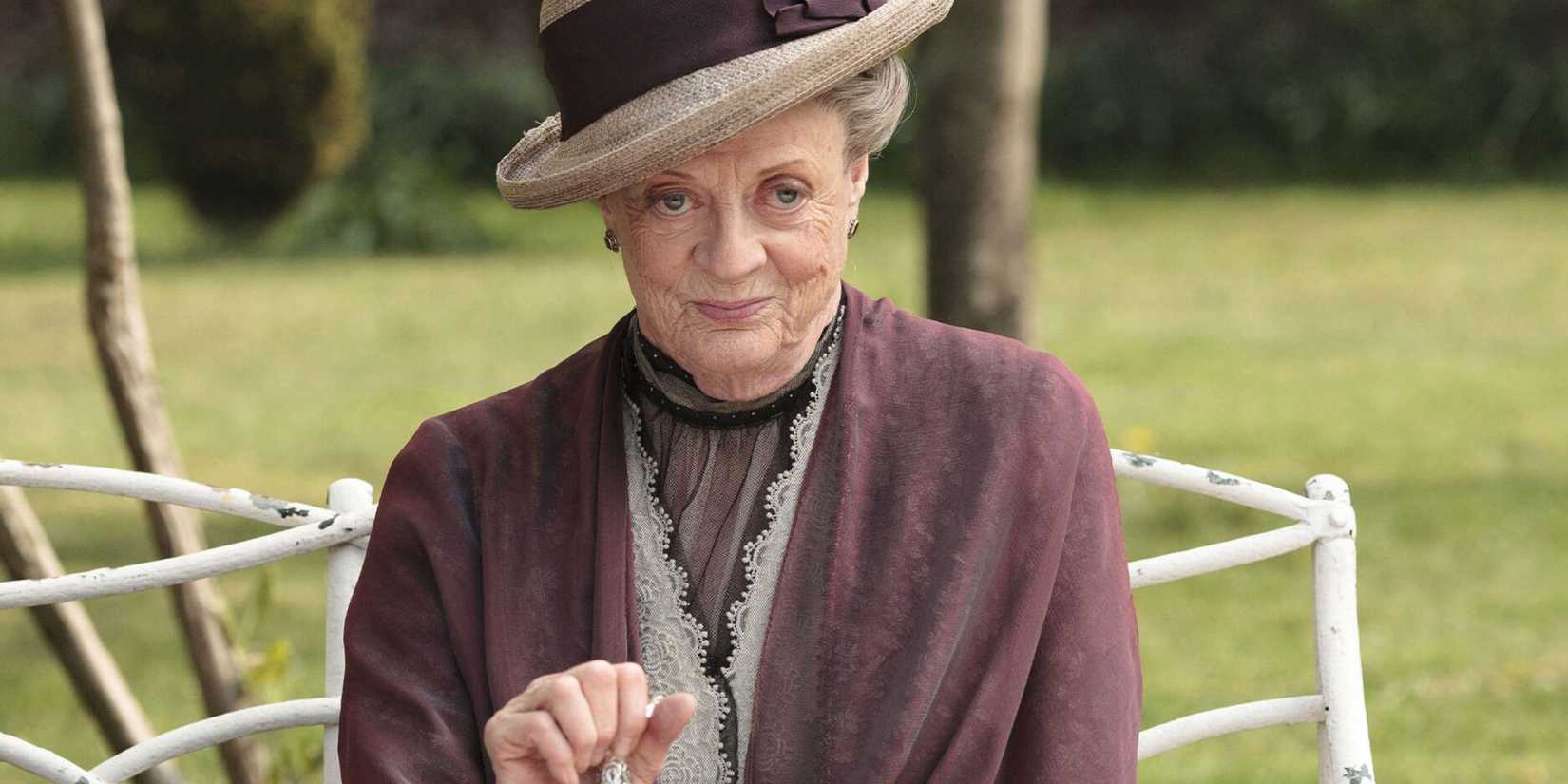
Maggie Smith as Violet Crawley in Downton Abbey
Julian Fellowes’ Downton Abbey was an unlikely global phenomenon. Chronicling the lives of the aristocratic Crawley family and their servants, the series blended upstairs-downstairs melodrama with sweeping historical events, from the Titanic’s sinking to World War I. Its lavish production values and intricate character dynamics captivated audiences worldwide.
While British period dramas had always existed, Downton Abbey turned them into mainstream pop culture staples. Fans across continents obsessed over Lady Mary Crawley (Michelle Dockery), Matthew Crawley (Dan Stevens), and the Dowager Countess Violet Crawley (Maggie Smith), whose one-liners became instantly iconic. It proved appointment television wasn’t limited to fantasy or thrillers.
The show’s success inspired countless imitators. Even after its finale, Downton Abbey spawned a feature film continuation, proving its staying power. As one of the most internationally beloved 2010s TV shows, it showcased the decade’s appetite for sweeping, character-driven storytelling on the small screen.
Sherlock (2010-2017)
Sherlock Reinvented A Literary Icon For The Digital Age
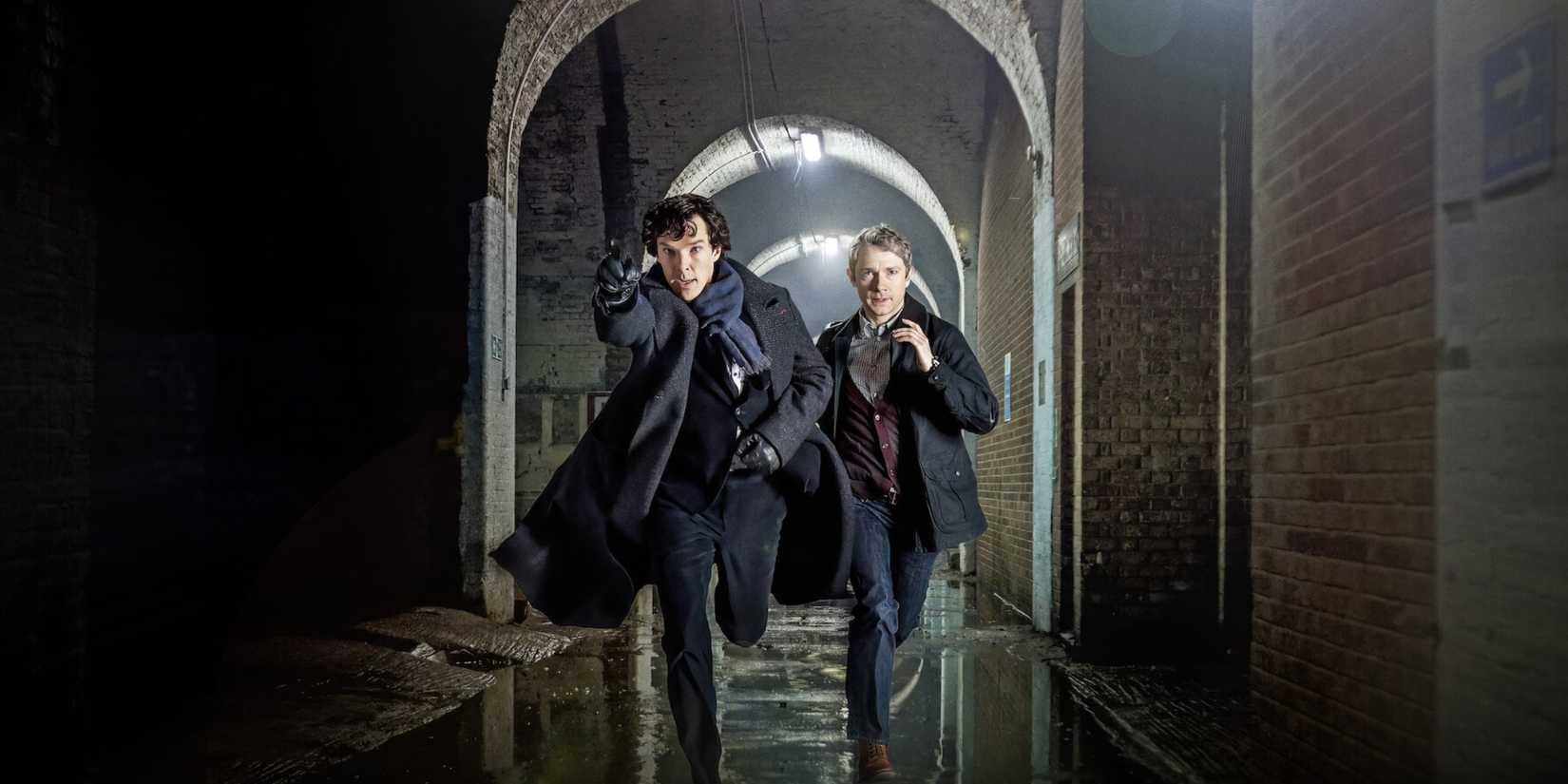
Steven Moffat and Mark Gatiss’ Sherlock modernized Sir Arthur Conan Doyle’s detective tales into a high-octane, contemporary series. Benedict Cumberbatch as Sherlock Holmes and Martin Freeman as Dr. John Watson turned classic characters into 21st-century icons. The show’s cinematic production and frenetic pacing made it feel like a blockbuster squeezed into TV format.
Each feature-length episode was event television. Its clever narrative tricks redefined how TV could visually depict intelligence and deduction. With stories unfolding in feature-length installments, it turned Holmes’ mysteries into cultural events that spread across global fandoms.
Sherlock also reflected the 2010s’ internet-driven culture, with fan theories and online discourse driving its popularity. By bringing a 19th-century icon into the digital world, the series demonstrated how classic material could thrive in modern television. Few 2010s TV shows fused tradition and innovation so effectively.
Glee (2009-2015)
Glee Turned Musical Television Into A Pop Culture Juggernaut
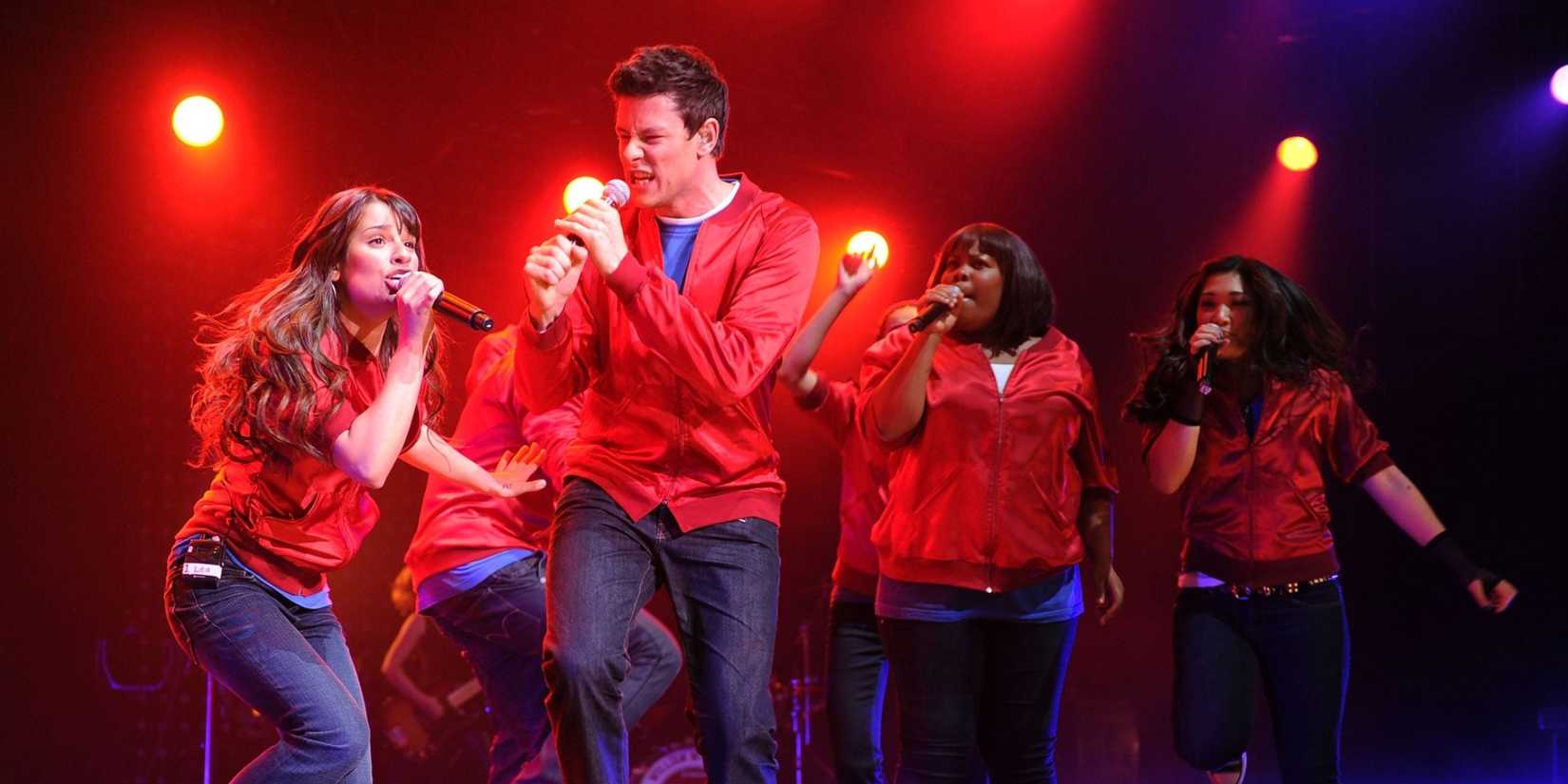
Premiering in 2009 but dominating the early 2010s, Glee became a sensation almost overnight. The story of the New Directions glee club, led by Will Schuester (Matthew Morrison), blended high school melodrama with infectious musical performances that consistently topped charts. For a time, Glee made show tunes as mainstream as pop hits.
The series was groundbreaking for its inclusivity. Characters like Kurt Hummel (Chris Colfer) and Santana Lopez (Naya Rivera) gave visibility to LGBTQ+ storylines rarely portrayed on network TV. This representation mattered deeply to audiences, and the show’s mix of camp and sincerity built a passionate fandom.
Although Glee later faced criticism for uneven storytelling, its cultural impact is undeniable. It transformed TV soundtracks into global bestsellers, launched careers, and made musicals viable for prime-time television again. As one of the loudest pop culture explosions of the 2010s, Glee earned its place among defining TV shows of the decade.
Modern Family (2009-2020)
Modern Family Redefined Sitcoms For A New Generation
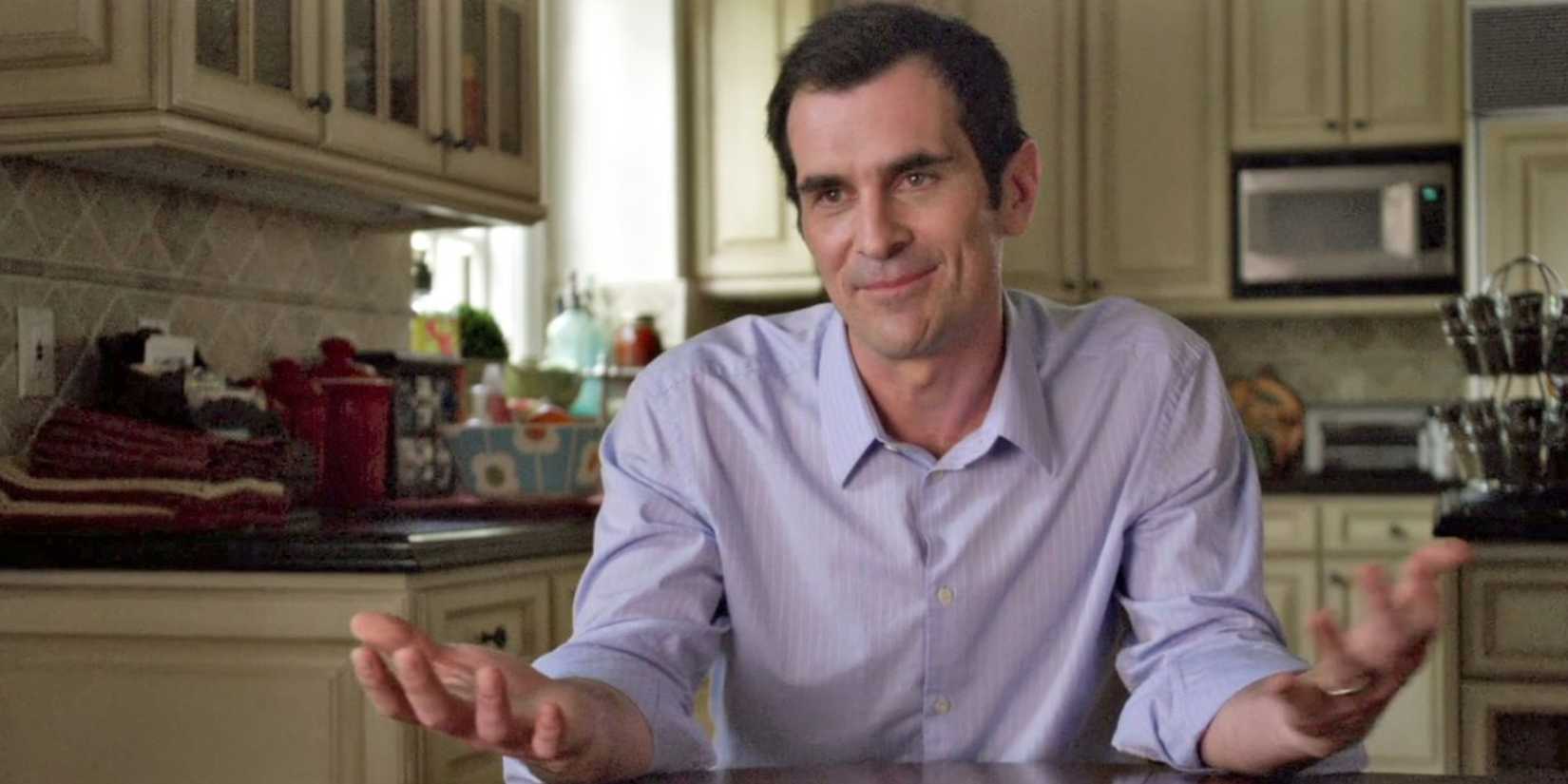
Modern Family entered the late 2000s TV landscape just as traditional sitcoms were fading. Across eleven seasons, it revitalized the format by using a mockumentary style to follow the sprawling, diverse Pritchett-Dunphy-Tucker clan. Characters like Phil Dunphy (Ty Burrell) and Gloria Delgado-Pritchett (Sofía Vergara) became instantly beloved.
The show’s real genius was how it reflected the evolving definition of family in the 2010s. By featuring same-sex parents Mitchell (Jesse Tyler Ferguson) and Cameron (Eric Stonestreet), it normalized diverse family structures for mainstream audiences, making inclusivity part of its DNA without being preachy.
With both critical acclaim and massive popularity, Modern Family won five consecutive Emmys for Outstanding Comedy Series. Its impact on sitcom storytelling – mixing heart, humor, and social relevance – ensures it remains one of the definitive 2010s TV shows.
The Walking Dead (2010-2022)
The Walking Dead Made Zombies Mainstream Television
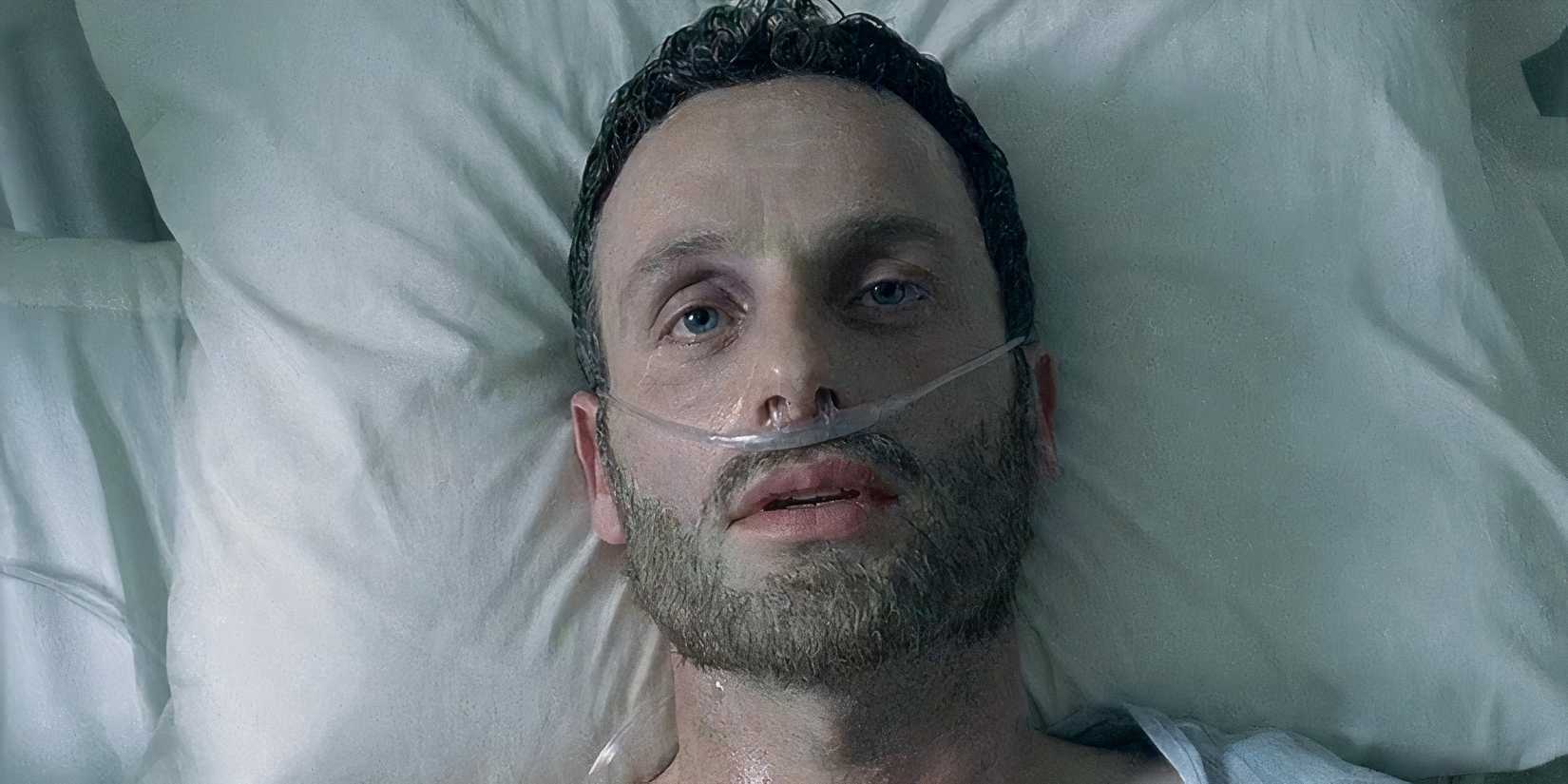
AMC’s The Walking Dead was more than a zombie drama; it became one of the biggest pop culture forces of the decade. Following Rick Grimes (Andrew Lincoln) and his group of survivors, the show blended survival horror with character-driven storytelling, creating both gruesome spectacle and deep emotional investment.
The series defined event television in the 2010s. Episodes like “No Sanctuary” and “The Day Will Come When You Won’t Be” drew record-breaking ratings, making zombie apocalypse stories mainstream. Its shocking deaths and high-stakes drama kept viewers glued week after week, sparking endless online debates.
Even as ratings waned in later years, its cultural impact endured. The Walking Dead expanded into a sprawling franchise with spin-offs and cross-media stories. For much of the 2010s, no show dominated the cultural conversation more consistently than The Walking Dead, cementing its place as a defining series of the decade.
Breaking Bad (2008-2013)
Breaking Bad Became The Blueprint For Prestige Television
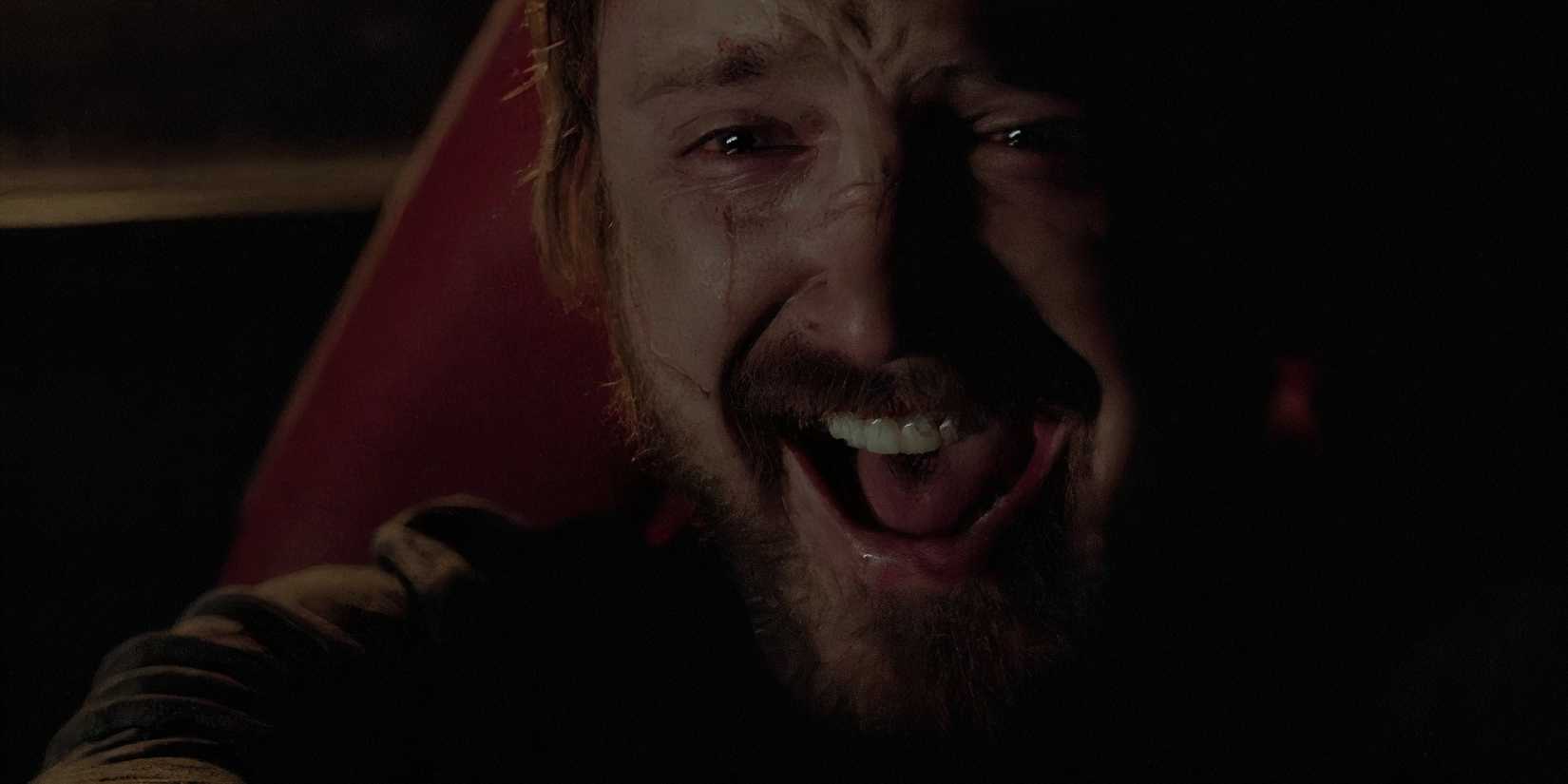
Though it began in 2008, Breaking Bad defined the 2010s as it hit its stride. The story of Walter White (Bryan Cranston), a chemistry teacher turned meth kingpin, and his partner Jesse Pinkman (Aaron Paul) became the ultimate example of antihero-driven storytelling. Its tension, moral complexity, and unforgettable characters made it must-see television.
By the time its finale aired in 2013, Breaking Bad had cemented its place as one of the greatest shows of all time. Its meticulous plotting and shocking twists influenced countless series that followed. The spin-off Better Call Saul (2015-2022) further proved the depth of Vince Gilligan’s storytelling universe, itself becoming a critically acclaimed hit.
The cultural conversation around Walter White’s descent into Heisenberg was inescapable. With its critical acclaim, ratings dominance, and lasting legacy, Breaking Bad epitomized prestige TV and helped define the identity of 2010s television more than almost any other series.
Game Of Thrones (2011-2019)
Game Of Thrones Became A Global Cultural Phenomenon
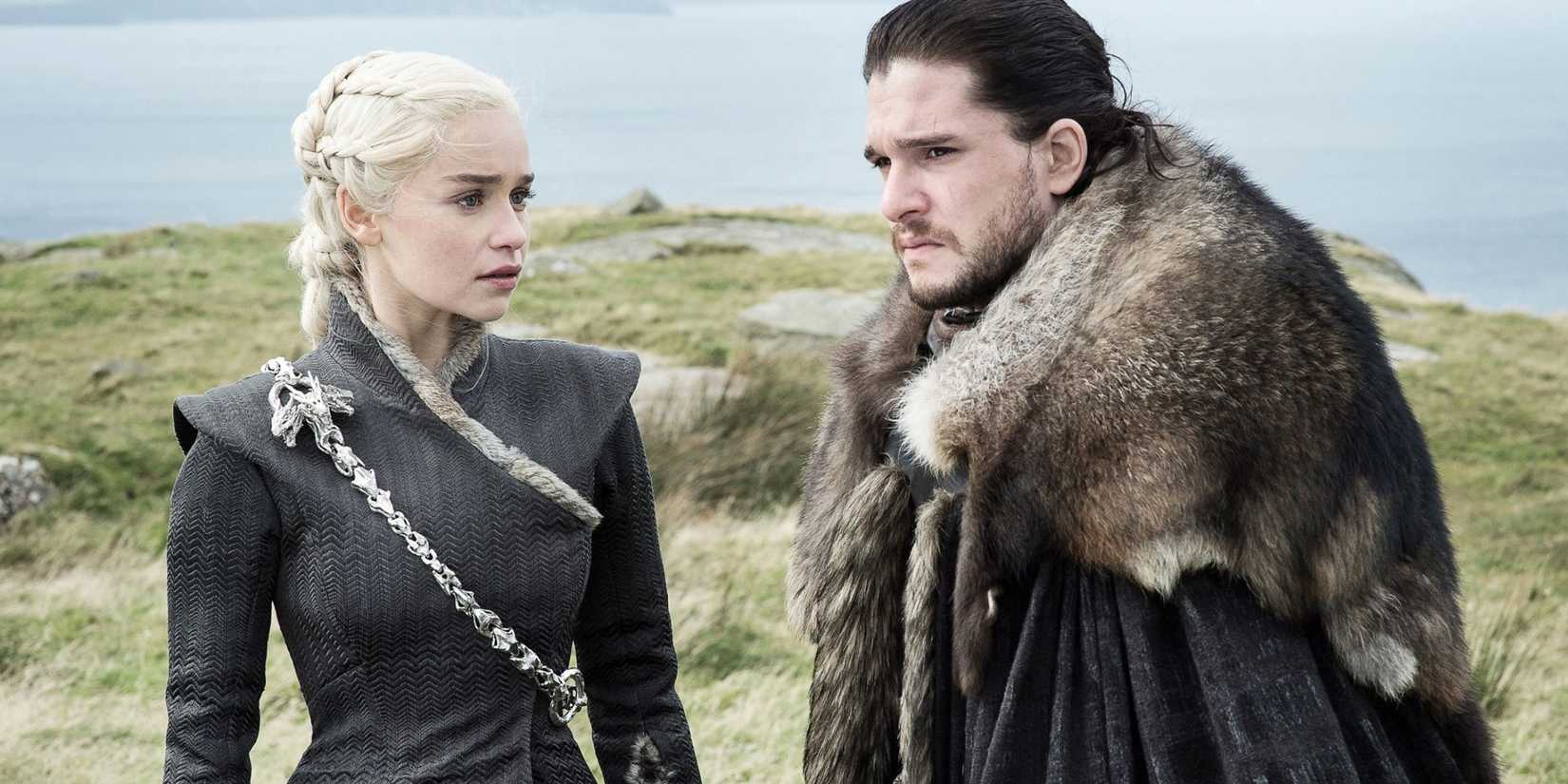
Few 2010s TV shows matched the sheer impact of Game of Thrones. Adapted from George R.R. Martin’s fantasy saga, it transported audiences to Westeros with unprecedented production values. From Jon Snow (Kit Harington) to Daenerys Targaryen (Emilia Clarke), its sprawling ensemble cast became household names as the series delivered shocking twists and breathtaking spectacle.
For nearly a decade, it dominated the cultural conversation. Episodes like “The Red Wedding” and “Battle of the Bastards” became worldwide events, with fans reacting in real time on social media. Its ability to combine blockbuster spectacle with deeply complex characters set a new standard for what television could achieve.
Though its divisive finale sparked debate, its legacy is undeniable. Game of Thrones redefined the possibilities of television as a global medium, proving small-screen fantasy could rival Hollywood. As the definitive series of the 2010s, it stands as the decade’s ultimate cultural juggernaut.

